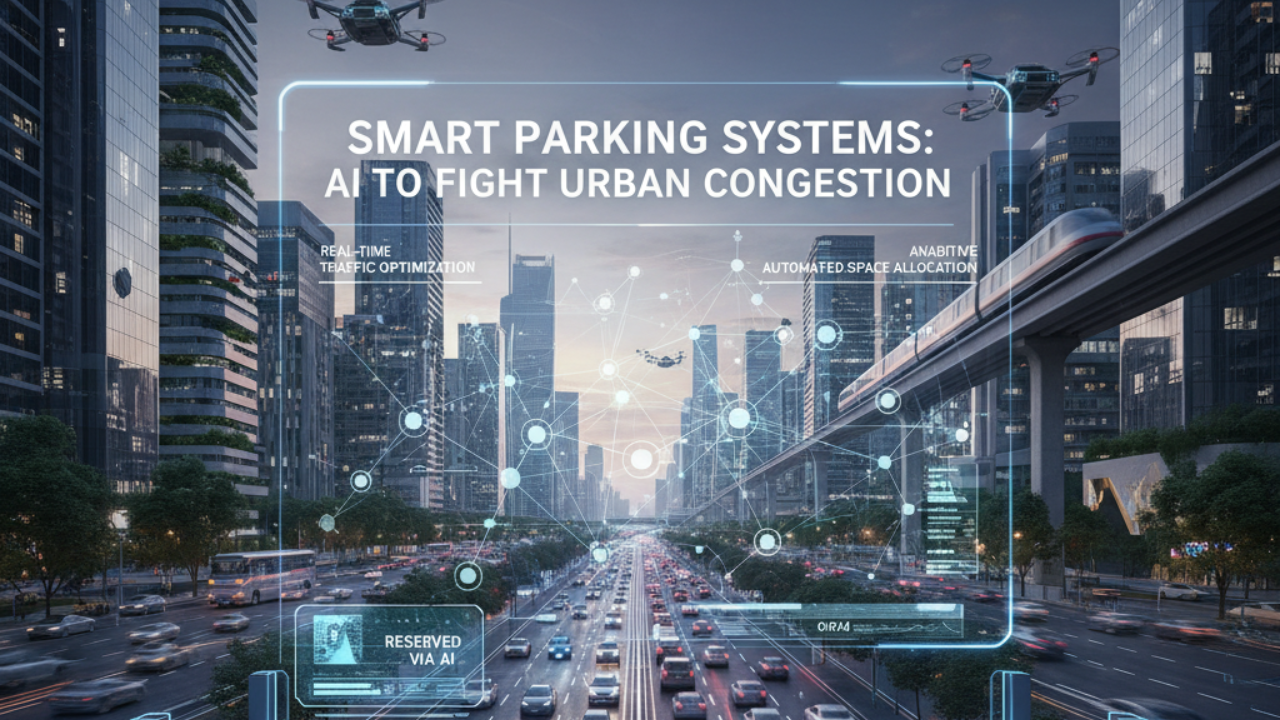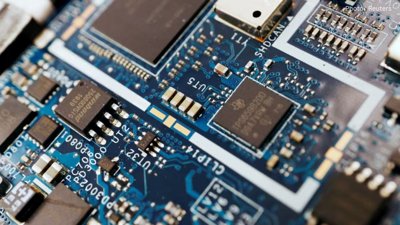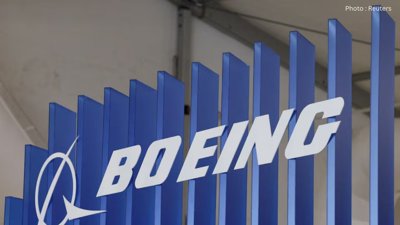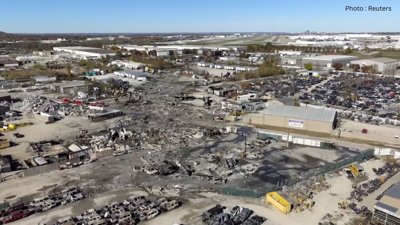
Post by : Meena Rani
Finding a parking spot in a crowded city is one of the most frustrating parts of urban life. Drivers waste time circling streets, idling engines increase pollution, and traffic congestion builds up at peak hours. Smart parking systems powered by Artificial Intelligence (AI) and the Internet of Things (IoT) are changing that. These intelligent systems are helping cities manage parking more efficiently, reduce gridlock, and make urban mobility cleaner and smarter.
In busy metropolitan areas, a large percentage of traffic congestion comes from drivers searching for parking spaces. This constant movement not only wastes fuel and time but also increases air pollution and stress. Traditional parking systems rely on guesswork, drivers enter lots or circle neighborhoods without any real-time visibility of availability. With growing populations and limited space, this model is no longer sustainable. Cities need technology that can monitor, predict, and optimize parking usage dynamically.
Smart parking systems combine advanced sensors, real-time data analytics, and mobile connectivity to manage parking spaces intelligently. Sensors and cameras detect whether a parking spot is occupied or free, while AI algorithms process this data to guide drivers to available spaces instantly. Drivers can check space availability, reserve parking, and pay digitally using mobile apps. Parking managers can monitor occupancy levels, adjust pricing based on demand, and analyze data to improve city planning.
These systems transform static parking lots into smart, connected networks that communicate directly with both drivers and traffic management centers.
AI is the brain behind modern parking systems. It uses real-time data, predictive analytics, and machine learning to make parking management dynamic and efficient. AI can predict parking demand by analyzing historical usage, weather patterns, event schedules, and time of day. It can also suggest alternate spots if the nearest one is full, reducing the need for drivers to circle unnecessarily.
AI-driven video recognition systems identify empty spaces without relying solely on physical sensors. In addition, intelligent route guidance helps drivers reach their assigned spots using the shortest path, reducing travel time, congestion, and emissions. AI can even optimize pricing automatically — charging more in high-demand zones and less in underused areas — balancing traffic across the city.
For drivers, smart parking means finding spaces faster, saving time, fuel, and stress. Real-time availability reduces the uncertainty of parking, making commutes smoother and more predictable.
For cities, these systems help reduce traffic congestion and lower vehicle emissions. Less idling and fewer unnecessary trips mean cleaner air and improved traffic flow. City authorities can also collect valuable data to improve urban planning, optimize road design, and plan future infrastructure projects.
For parking operators, AI systems increase revenue by improving occupancy rates through dynamic pricing and better management. Automation reduces manual work, minimizes errors, and enhances the overall customer experience.
For the environment, smart parking helps cut carbon emissions, fuel waste, and noise pollution. It also supports the integration of electric vehicle (EV) charging infrastructure, paving the way for sustainable mobility.
The future of parking is becoming more intelligent and interconnected. Here are some trends shaping the next generation of smart parking systems:
Edge computing allows data to be processed closer to the source, reducing latency and improving responsiveness.
Computer vision and deep learning enhance accuracy in detecting vehicles and empty spaces.
Contactless payments and automation make parking safer, faster, and more convenient.
Integration with electric vehicles (EVs) allows parking systems to manage charging stations and energy use efficiently.
Sustainable design ensures that parking infrastructure supports eco-friendly goals with solar panels and smart lighting.
Autonomous vehicle compatibility prepares parking spaces for self-driving cars that can park themselves.
These trends show that smart parking is not just about convenience — it’s about building the future of sustainable, efficient cities.
Despite the benefits, implementing smart parking systems isn’t without obstacles. High installation and maintenance costs can deter adoption, especially in older cities with legacy infrastructure. Data privacy and cybersecurity also pose risks, as parking systems handle sensitive driver and payment information. Ensuring reliable performance under all weather conditions and maintaining accuracy over time are technical challenges as well.
Public awareness and trust are equally important. Many drivers are still unfamiliar with smart parking technology, and education is needed to encourage its use. To succeed, governments, private companies, and technology providers must collaborate closely to make systems accessible, affordable, and user-friendly.
Smart parking is only one part of the broader smart city vision. As technology continues to evolve, AI will play an even greater role in managing mobility — from predictive traffic control to fully autonomous vehicle parking. Future cities will have integrated systems where traffic lights, parking, and navigation apps share data in real time, preventing congestion before it starts.
AI will also enable “mobility as a service” platforms where users can plan trips combining public transport, car-sharing, and parking from one interface. Parking lots will transform into smart hubs offering EV charging, parcel drop-offs, and micro-mobility stations — turning underused spaces into valuable city assets.
Disclaimer:
This article is intended for educational and informational purposes. It is based on current industry trends and technology insights as of 2025. Future advancements may further shape smart parking systems and urban mobility.
smart parking, AI parking systems, urban congestion, IoT parking, smart city innovation, parking automation, AI traffic management, city mobility










Advances in Aerospace Technology and Commercial Aviation Recovery
Insights into breakthrough aerospace technologies and commercial aviation’s recovery amid 2025 chall

Defense Modernization and Strategic Spending Trends
Explore key trends in global defense modernization and strategic military spending shaping 2025 secu

Tens of Thousands Protest in Serbia on Anniversary of Deadly Roof Collapse
Tens of thousands in Novi Sad mark a year since a deadly station roof collapse that killed 16, prote

Canada PM Carney Apologizes to Trump Over Controversial Reagan Anti-Tariff Ad
Canadian PM Mark Carney apologized to President Trump over an Ontario anti-tariff ad quoting Reagan,

The ad that stirred a hornets nest, and made Canadian PM Carney say sorry to Trump
Canadian PM Mark Carney apologizes to US President Trump after a tariff-related ad causes diplomatic

Bengaluru-Mumbai Superfast Train Approved After 30-Year Wait
Railways approves new superfast train connecting Bengaluru and Mumbai, ending a 30-year demand, easi